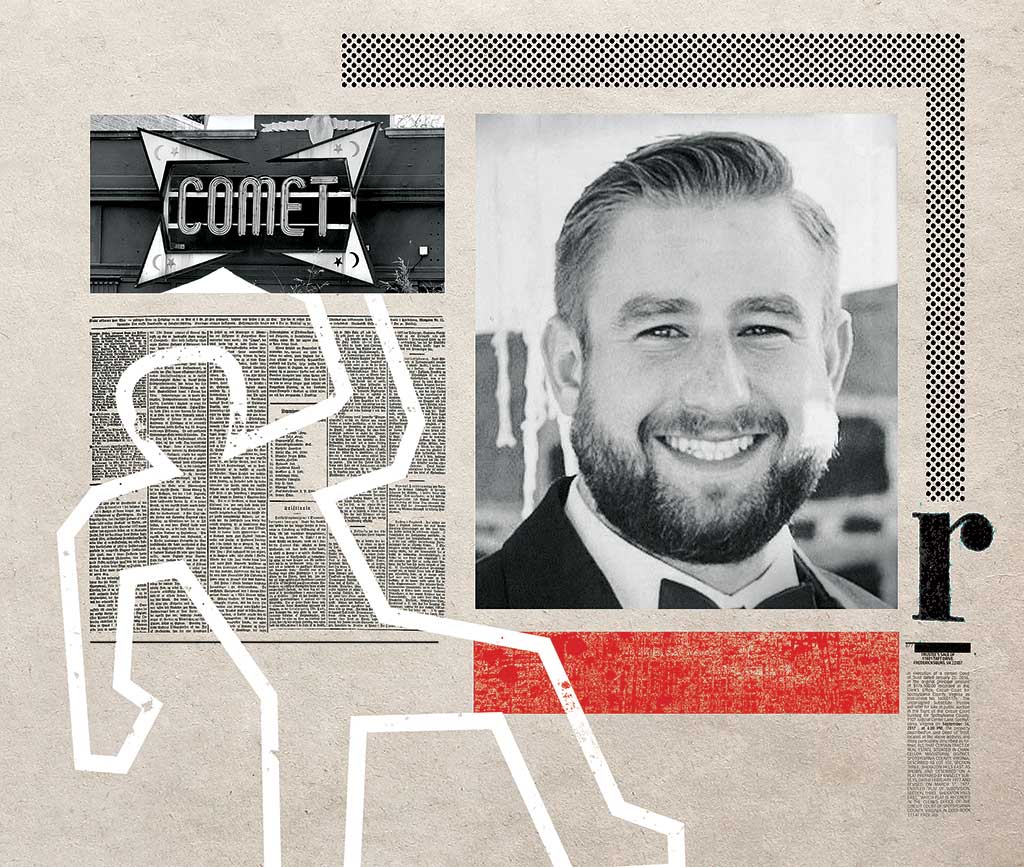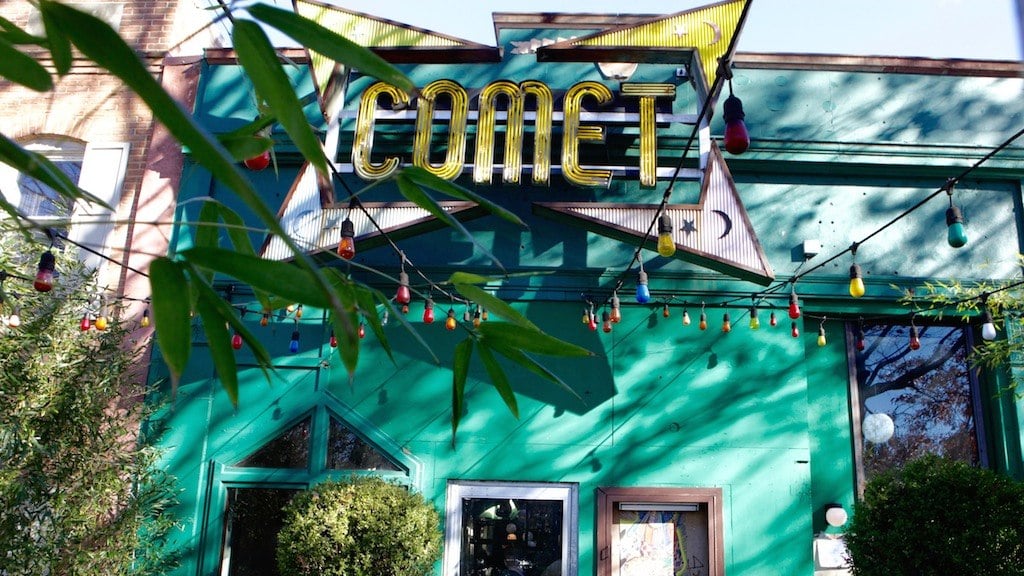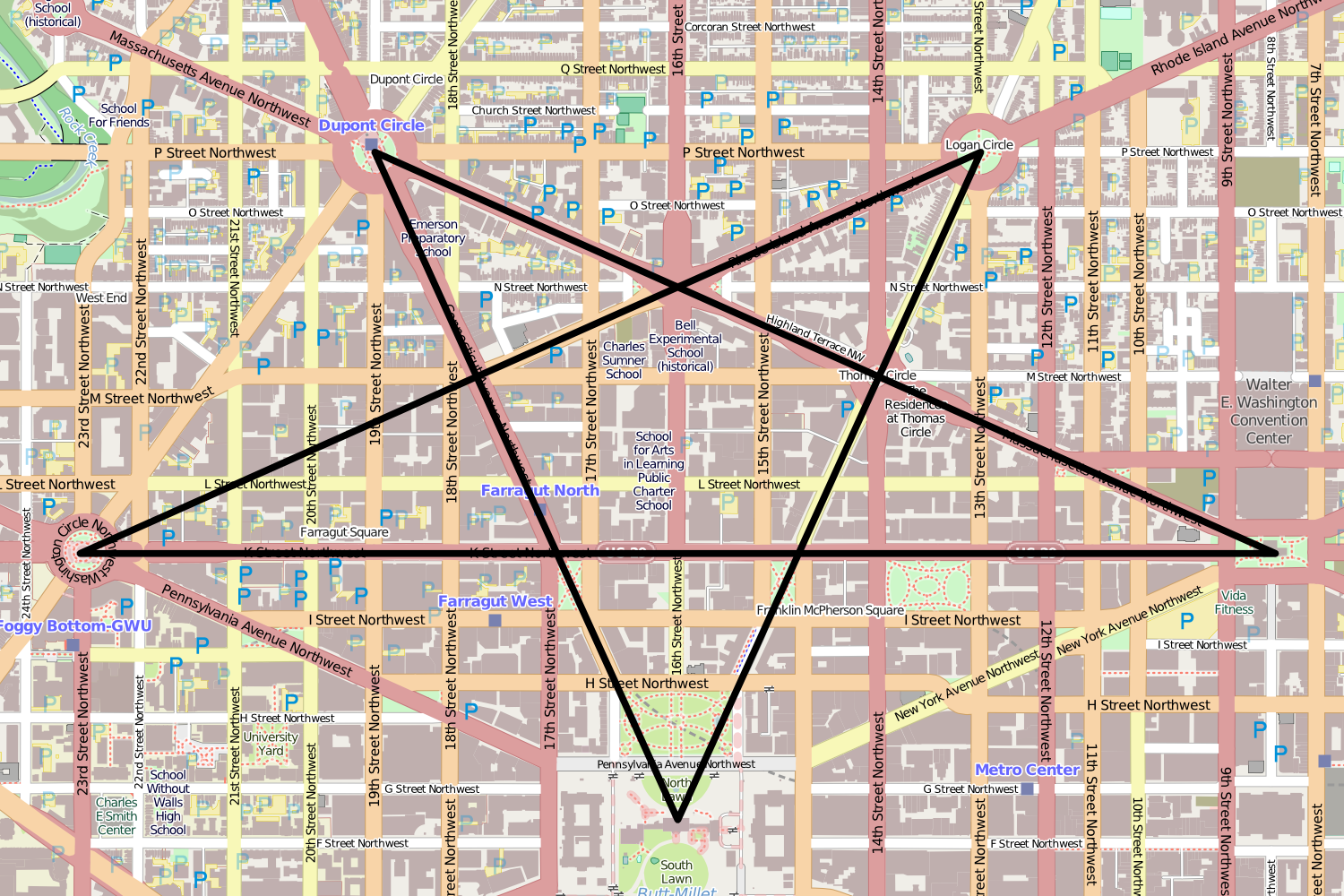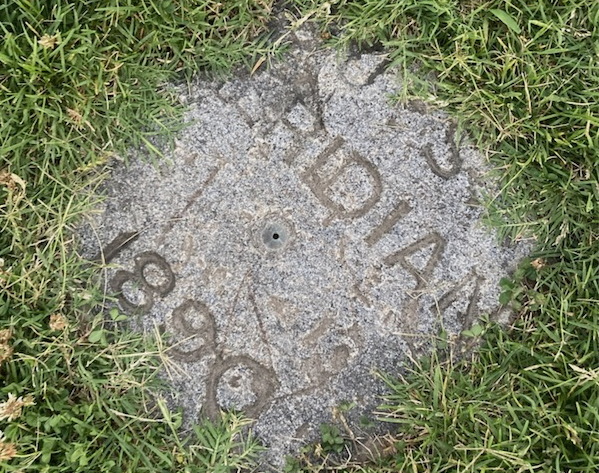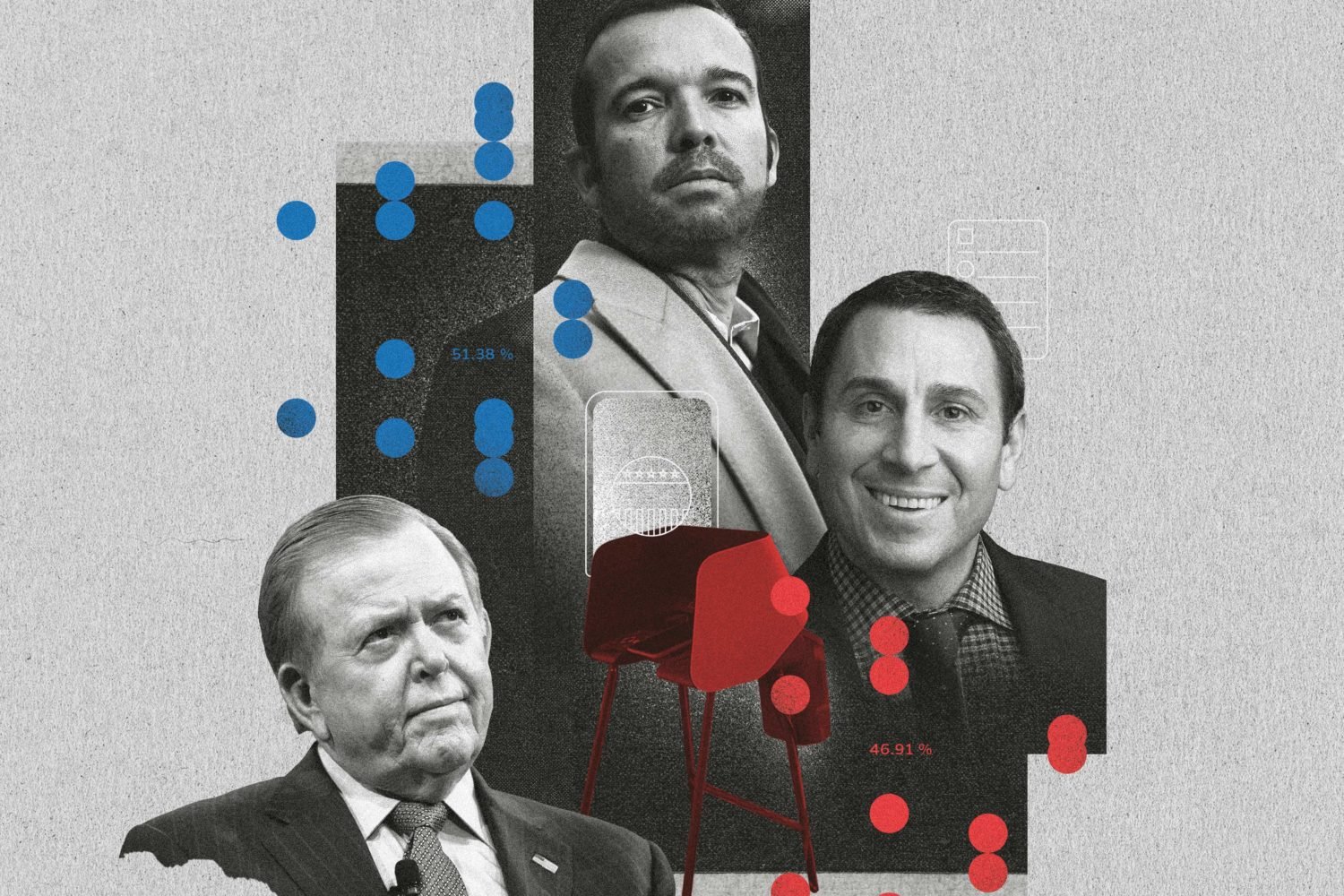One Tuesday evening in early August, a pair of assassins walked down a quiet block in DC’s Bloomingdale neighborhood, closely tracking a young man in a flannel shirt and jeans. Moments later, they pulled out handguns, pointed at their target, and fired. It would have been a terrifying moment, except for one thing: The shooting was fake. “Bang! Bang!” somebody yelled, puncturing the air of pretend menace.
The “victim” in this staged affair was an actor playing Seth Rich, the Democratic National Committee employee who was murdered not far from this spot in July 2016, shortly before the DNC’s e-mails were released by hackers. DC police believe that the unsolved murder was a robbery gone wrong, but that hasn’t stopped conspiracy-prone message-board commenters and high-profile Trump supporters such as Sean Hannity and Newt Gingrich from suggesting that Rich might have been the victim of a plot involving his employer.
The supposed recreation of Rich’s murder—witnessed by a handful of bemused members of the media and captured by a film crew so it could later be edited into a YouTube video—was spearheaded by a local lawyer and GOP lobbyist named Jack Burkman, who has been trying to scare up interest in his own far-fetched Rich scenario. (It has something to do with Russian hackers—we’ll spare you the details.) Burkman insists his goal is to help solve the case. “I love the Riches,” he says. “I think the family is so courageous. I’m doing it for them.” The family, for the record, does not reciprocate those feelings.
In some ways, Burkman’s antics—and the Rich brouhaha in general—are part of a tradition, with Washington long figuring in all manner of absurd conspiracy theories. The city’s grid contains secret Illuminati symbols! The moon landing was a hoax! FEMA is plotting to overthrow the government! This kind of kookery used to be amusing. That bright-eyed guy on the next barstool explaining how the government is housing Venusians under the Lincoln Memorial? Sure, maybe he’s on to something.
Lately, however, things have changed. In the age of Russian Twitter bots, Fox News, and fringe disinformation slingers such as Alex Jones, conspiracy theories have taken on a more sinister cast. Nowadays, they’re amplified by social media and related to real people and specific locations.
The danger became truly apparent last December when a North Carolina man, armed with an AR-15 rifle, drove to DC’s Comet Ping Pong to “self-investigate” ludicrous but widely circulated rumors that the pizza restaurant was operating a Hillary Clinton–connected child-sex-trafficking ring out of its basement. Edgar Maddison Welch was arrested after firing several shots inside the building; he pleaded guilty to two felonies and in June was sentenced to four years in prison.
“Pizzagate” was propagated by many of the same figures who have fueled wild speculation about Rich, including Jones, who earlier this year apologized to Comet for his role in spreading false stories about the restaurant.
Though nobody was hurt during the Welch incident, it drove home the real consequences of this new kind of conspiracy-mongering. Paranoid tales used to focus on vague entities such as “the government.” If somebody wanted to cruise around the desert hunting for Area 51, what was the harm? But with loony-tunes theories now unfolding online in real time and focusing on actual people and places, suddenly the stakes seem much higher. The wackos are no longer just covering their electrical outlets with aluminum foil. Now they’re staking out that place where you take the kids for dinner.
One big factor is the way the internet offers easy access to highly specific information. “What’s really new is the ability of people online to find out details of the folks who are allegedly involved,” says Mark Fenster, a law professor at the University of Florida who studies conspiracy theories. “You can find out about the restaurant; you can find out about the Rich family in ways that are different from before.”
Though Welch quickly realized he had been duped—Comet doesn’t even have a basement, much less a sex-slave dungeon—Pizzagate lives on, with some conspiracy adherents even claiming that the shooting was faked as part of a cover-up. The pizza parlor’s ownership, meanwhile, has to deal with additional security needs and whatever business it loses. Likewise, Rich’s family, friends, and neighbors still endure endless public speculation about his tragic death.
These particular theories are likely to fade over time. But—especially for Washingtonians, living so close to the supposed puppeteers of so many such plots—it’s hard to see an end to this kind of rumor-mongering online, where information is bountiful and consequences few.
One thing that could decrease is the amplification by larger media platforms. Jones’s InfoWars site was forced to apologize for inaccurate anti-refugee stories earlier this year after it was sued by the yogurt company Chobani, and in May, Fox News had to retract a story about Rich’s alleged links to WikiLeaks. It’s possible that public and legal pressure will lead to greater restraint.
But for now, the chatter continues. Burkman is already sending around footage of his video. Rich’s brother, Aaron, recently watched a clip. “It’s one of the most revolting, repulsive and, twisted things I’ve seen,” he says. “This reenactment is a disgusting and gross use of my brother’s death.”
This article appears in the September 2017 issue of Washingtonian.

